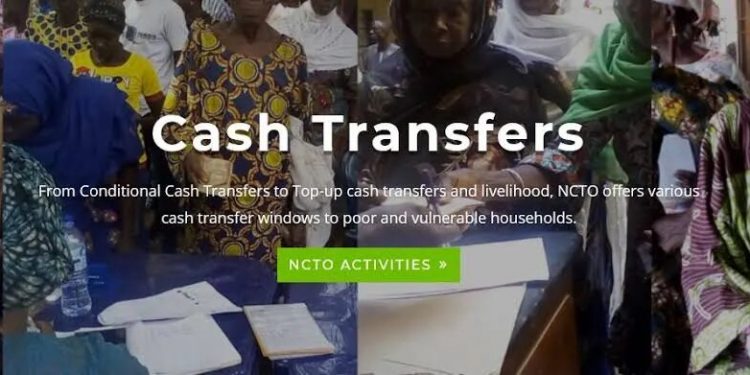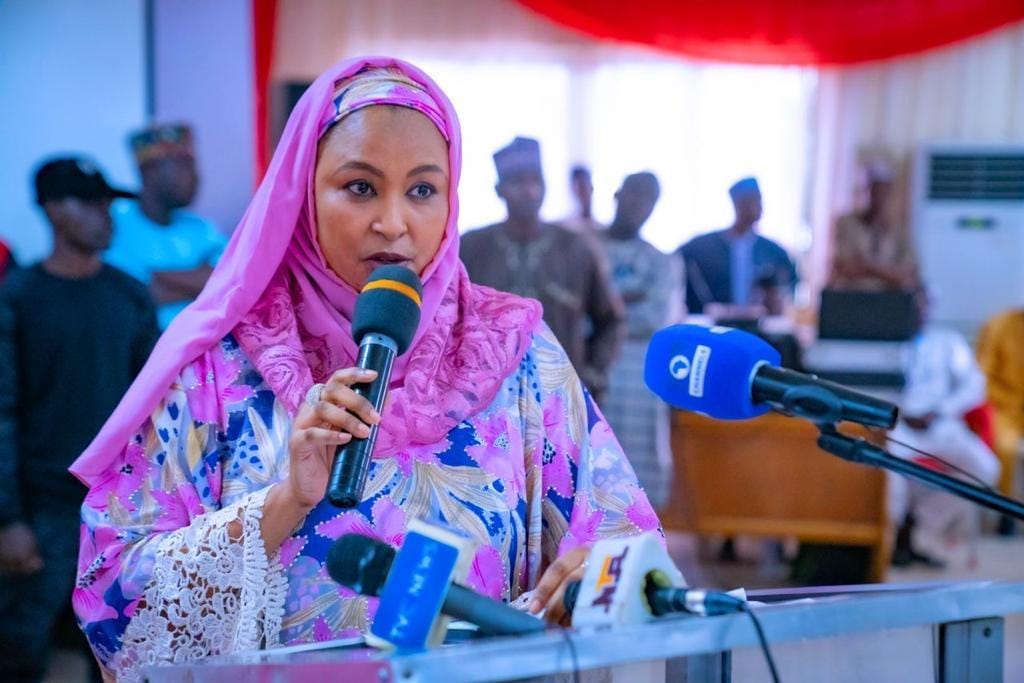The Federal Government of Nigeria has disbursed N24.78 billion to 991,261 poor households under the National Cash Transfer program, a major effort to alleviate poverty across the country. According to the National Social Investment Programme Agency (NSIPA), beneficiaries from all 36 states and the Federal Capital Territory have received payments through the initiative.
NSIPA’s National Coordinator and Chief Executive Officer, Badamasi Lawal, stated that the disbursement aligns with President Bola Tinubu’s *Renewed Hope Agenda*. In August 2024, the agency disbursed N3.83 billion to 153,038 households. In September, an additional N20.96 billion was shared among 838,223 households, with each receiving N25,000 through designated Financial Service Providers.
“The Renewed Hope Conditional Cash Transfer aims to cushion the economic shocks experienced by poor and vulnerable Nigerian households,” Lawal explained, highlighting the program’s goal of not only reducing poverty but also improving household finances and promoting savings.
He added that the program delivers various benefits, including improved health and nutritional services, and boosts emotional well-being, family happiness, and social relationships.
Lawal reaffirmed NSIPA’s commitment to supporting Nigeria’s most vulnerable populations through continuous social interventions.
In a related development, the government has disbursed the second tranche of payments to nearly one million beneficiaries under the Social Investment Programme. This was confirmed by the Minister of Finance and Coordinating Minister of the Economy, Wale Edun, during a meeting with the Presidential Panel on the Social Investment Programme.
While the ministry did not disclose detailed information about the beneficiaries or the amounts involved, it confirmed that “key updates included the second payments to about a million verified recipients under the Direct Benefit Transfer program.”
Edun also advised the National Social Safety-Net Coordinating Office to collaborate with the National Identity Management Company (NIMC) to improve program outreach by using the National Identification Number (NIN) database for verification. He emphasized the need to deliver benefits promptly and securely using digital tools, ensuring that the most vulnerable receive their entitlements efficiently.
Reforms to the School Feeding Programme were also discussed during the meeting as part of broader efforts to enhance the efficiency of social investment initiatives under President Tinubu’s administration.










